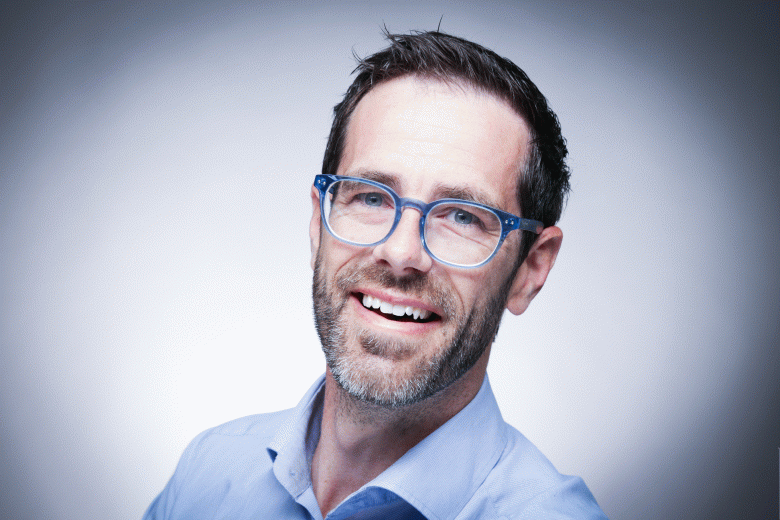City of ghosts: bijzondere aandacht voor verzet tegen onderdrukking
Roland Moerland sprak op Docfest over het omstandereffect, zelfopoffering en andere opmerkelijke kenmerken van de documentaire City of Ghosts. (Engelstalige blog)
‘I watch the video a lot. It gives me strength’
states Hamoud al-Mousa of the media initiative Raqqa Is Being Slaughtered Silently (RBSS), after watching a Hollywood style ISIS propaganda film in which his father is brutally executed.
The surreal scene features in Matthew Heineman’s latest documentary City of Ghosts, which follows a group of young citizen journalists that report on the gross human rights violations perpetrated against the inhabitants of Raqqa first by Assad’s regime and later by ISIS. The documentary provides fascinating insights as to why and how human beings dare to act in a situation where most people would stand back.
Bystander effect
RBSS was formed in the wake of the Syrian revolution by a group of mostly young students. For years, their citizen journalist collective was the only source of news and tangible resistance coming from the city of Raqqa. By going against the regime and its propaganda, members participate in media-warfare at great personal risk; many have been killed or their family members were targeted (instead). Faced with such extreme violence, individuals generally tend to stand by or they end up (un)willingly collaborating with the repressive regime. The documentary, however, reveals why and how the members of RBSS, against all odds, do act in such extraordinary circumstances.
Empathy and agency
When asked about their inaction, bystanders generally explain that, given the situation, it was impossible for them to act and moreover, it would have put them and their family in danger. A risk that they could not take, despite their best intentions. In contrast, people who refused to stand by and did act often find it hard to clearly explain why. If they do offer an explanation, it tends to be cursory and straightforward: you acted because it was the right thing to do. Similarly, in an interview, RBSS spokesperson Abdul-Aziz Alhamza states:
‘I don’t know how I became an activist’.
‘There was no plan, no strategy’.
Confronted with the violence and propaganda, ‘we had the duty to do something’. This duty to act appears to arise from a highly inclusive and empathetic world view. The documentary reveals that RBSS members not only care about those who are close to them, instead they are concerned about the people of the city of Raqqa who have become victims of repression. Moreover, bystanders often describe themselves as having no control over the situation and therefore action is impossible. In contrast, the documentary makes clear that the members of RBSS are constantly aware of their agency and they use their skill and creativity to create and seize opportunities for action. Even when actions backfire and harm the ones they care about most, as in case of Hamoud al-Mousa above, they draw strength instead of defeat.
Self-sacrifice
The sad implication of their altruism is that it comes at great personal cost. The documentary ends with a scene in which Abdul-Aziz Alhamza looks at photos of those who perished, and we subsequently witness him going into a fit, shaking uncontrollably. The trauma of witnessing explicit violence, the impact of loss of life and the guilt of still being alive; it all becomes too overwhelming. The documentary dramatically shows how the members of RBSS end up struggling not only against brutal regimes, but also against themselves; they struggle not to fall apart.
Published on Law Blogs Maastricht
C.A.R. Moerland
Roland Moerland is Associate Professor of Criminology and Law at Maastricht University. He is the director of the Forensics Criminology and Law Master Program.
